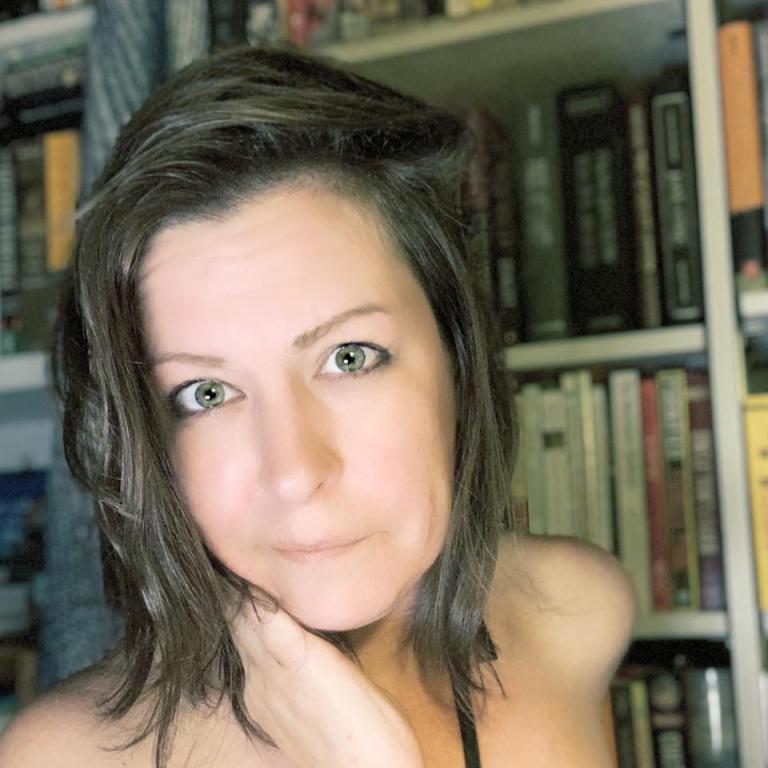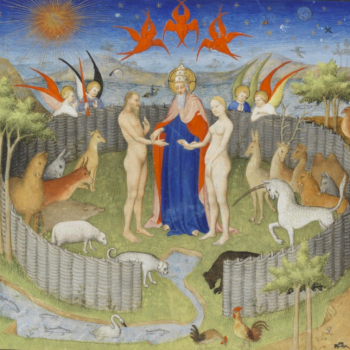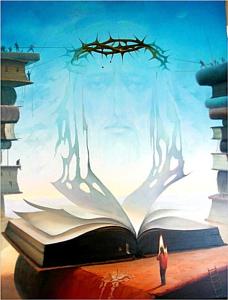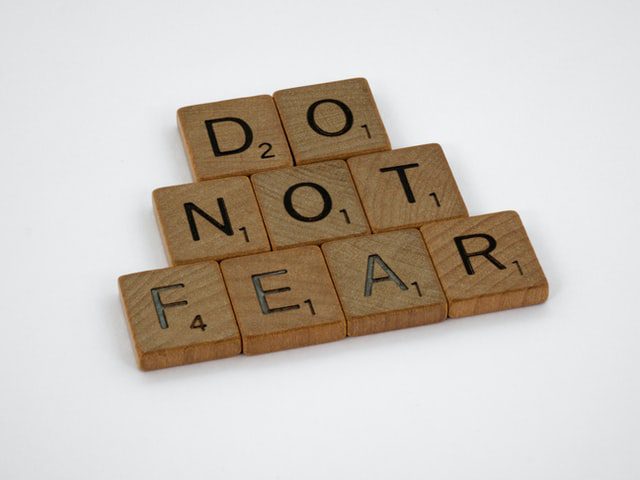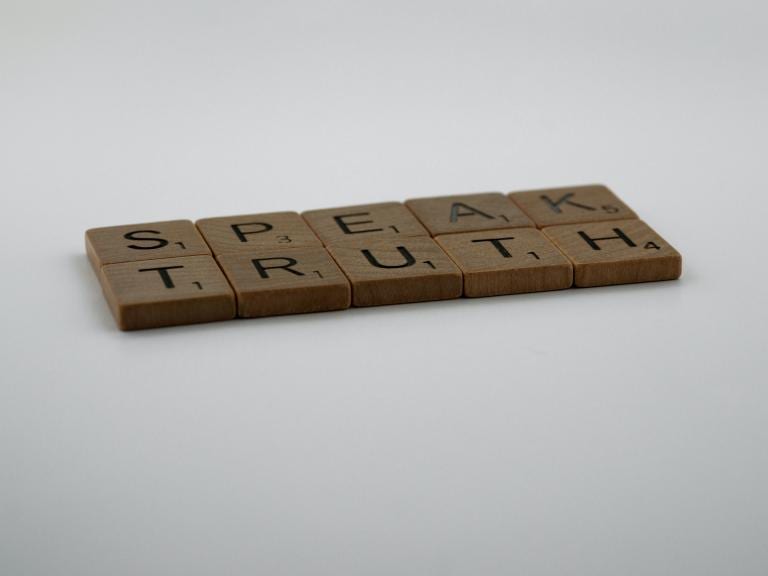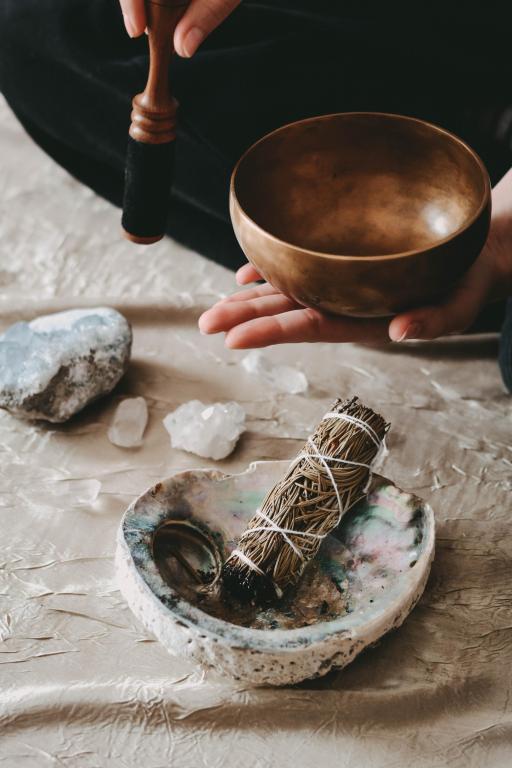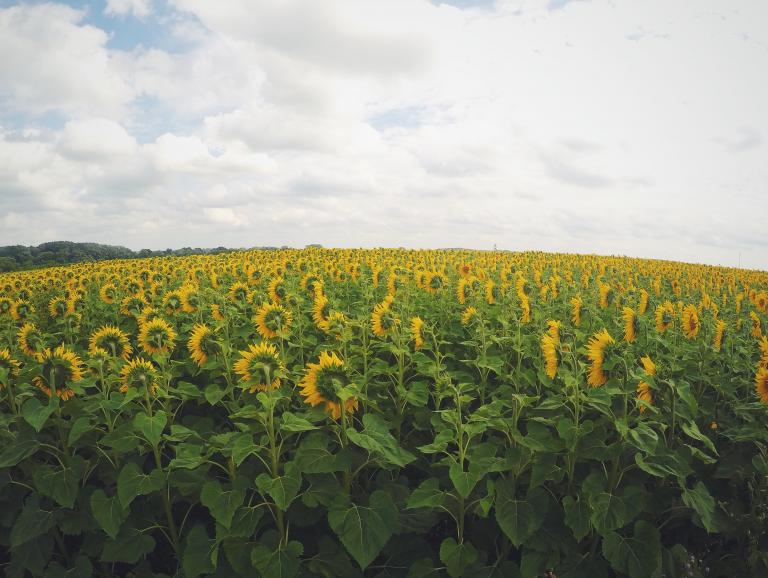
Assumingly, there will come a time in life where, seemingly overnight, an entire new lens is placed over the scope of our reality, and we will at long last, realize that everything is a gift. So long as our endeavors are aimed toward revealing our truest self. This realization comes during our walk on the “third path”.
The Third Path
The third path is one that teaches us how to receive joy, according to Alexander Shaia’s pivotal book, Heart and Mind; The Four—Gospel Journey for Radical Transformation. As we travel down the paths in our life, we move through storms, we sit in the eye of the storm. We ask ourselves what this storm will provide. Through difficulties, suffering, pain, and misguided decisions, we eventually see the clearing of the storm and find ourselves wholly unprepared for what comes next. Embracing and receiving the joy that is offered to us.
We take rest in John’s garden, as Shaia phrases it. And when we are willing to take rest:
What arrives and opens in us feels like the everlasting embrace of an eternal guardian or an intimate lover. We are filled with an immediate and unexpected experience of union—full, un-reflected, visionary, totally indescribable. The sensations of this moment will differ for each of us.
Rest
I imagine this taking rest to feel as though I have no anxiety. Nothing bothers me. The mosquitoes go unnoticed—what bites? The laundry waits, silently—I don’t hear it screaming my name from the basement. The sound of chewing at the dinner table seems melodic and almost relaxing—it no longer sounds like nails on a chalkboard for me.
Bursts of creativity would fill my psyche. I would create a catalog of new ideas that would instantly roll off my fingertips onto the keyboard and procure one of the most influential pieces of work ever written.
Or, so I would believe, anyway.
That’s what I imagine it would be like for me. Calmness. Peace. Anxiety-free escapades to social events and the grocery store.
Everything is Perceived as a Gift—Everything
Shaia remarks on the new sensation.
Some of us will be aware of a new energy; we may tingle or tremble. Some will feel a deep stillness. A great calm or exuberance may arise. Sight may seem brighter, clearer. Flashes of creativity and new insight may burst into life. Minds race into full engagement or blissful emptiness. Almost universally we will perceive everything as a gift.
The last sentence caused me to pause, reread, then pause again.
I will perceive everything as a gift? Everything, everything?
My view instantly focuses on my cat, then to my new pup. Cheesy is indeed, a gift. Plato is indeed a gift. But what about their poop and pee? How am I to perceive that as a gift? More specifically, is it still a gift when my new pup pees on my rug?
More particularly, is the end of a friendship a gift? Is the death of a family member a gift? My dryer and my oven both died on me. I don’t know how I can perceive that as a gift unless I convince myself that I deserve to buy myself new, expensive items, and insist it’s justified as a birthday gift, four months early.
I’d like to try to address these questions, but first, back to the Gospel of John and Alexander Shaia.
It’s an Epiphany!
The third path provides that “we have a clear sense that we have entered a new plane of understanding where this largesse is freely available, a gift bestowed on all—not earned by any action and completely unconditional.”
When we are willing to “relax and surrender to this epiphany, our attention gradually refocuses.” What happens next? Shaia explains:
Our perception expands and sharpens. We notice much more that the garden flowers and the warmth of the new embrace. We become aware of the expanding roots, leaves, buds, and blossoms—the foundation and the future.
Awareness of Heliotropism
I noticed that all of the sunflowers, no matter where they are planted in the garden, all face the same, precise direction. They all face the rising of the sun. They all face east. Many plants do this. They follow the sun. Hence the name: sunflower. This phenomenon is called heliotropism. And it’s been an observed phenomenon dating back thousands of years. From Wiki:
Heliotropism is the diurnal motion or seasonal motion of plant parts (flowers or leaves) in response to the direction of the sun. The habit of some plants to move in the direction of the sun was already known by the Ancient Greeks. They named one of those plants after that property Heliotropium, meaning sun turn. The Greeks assumed it to be a passive effect, presumably the loss of fluid on the illuminated side, that did not need further study. Aristotle’s logic that plants are passive and immobile organisms prevailed.
And yeah, many people know this. We learned this in grade school around the same time that we brought our dried sunflower heads into the classroom. Not new information, I know.
I Saw the Sunflowers and They Saw Me
What was new to me was how it made me feel to see what I saw. It’s like the sunflowers were saying hello. Why did I notice them? What did I think about when I noticed them? I don’t recall ever observing my sunflowers in this way. Even as I recall all of the sunflower fields I have driven and walked past, never once did I stop and really absorb the phenomenon of such sameness and uniformity in the rows of sunflowers that were boldly reaching for the sun with their golden-yellow petals stretching outward to embrace the sky.
Yet only a few days ago, I did notice them. And I stood there asking myself: Why have I never seen this before? And now that I have seen it, I cannot un-see it. The most impactful thought that came to mind as I came to such an awareness of their prominent pose was how beautifully the sunflowers portray my ultimate view of reality.
We are always rising toward the Son. We are to set our eyes above—on the sun— Son.
I am marveled every time I step outside to hang up laundry and see all the sunflowers facing the sun. But I certainly don’t feel the same experience of wonder and revelation as I did the first time.
Cycles of Change
Shaia says on the third path,
Time expands. We sense the past and realize that our garden, also contains dirt and worms and the sere of brown memories of last season’s blooms. We feel the rhythm of its unceasing cycles of decay into beauty into decay into beauty. We feel the truth of this cycle stirring as we think of our lives.
We understand that we are struck with this over-powering epiphany— awareness, but it doesn’t last. It’s like a high from that first joint in the morning or like the buzz of that first whiskey sour during happy hour. It’s never as good as the first time, but we continue to try to duplicate it.
As powerful as our bliss feels it is only an instant, and the sense of epiphany is only one part of one path of a full journey, in the same way that blossoms are only one brief season of a garden. The treasure and essence of the third path is much more than a moment. It is an experience of union, of enfolding paradox.
The brilliance of the colors, the very precise position of the sunflower heads, even the way the budding blossoms follow the sun; will all come to an end in a few short weeks.
Hold Everything
Sunflowers no longer follow the sun once their heads are mature and the seeds begin to dry. They stop lifting their head to the sun and slowly fold their heads downward as though they are greeting their inevitable resting place for the winter.
The third path teaches us to how to take the second path’s lesson of holding the tension of opposites, and put it into practice.
The third path’s capacity to hold ambiguity means it can—and does—hold everything. It holds joy. It holds conflict. It holds boredom. It holds compassion. It holds cruelty. It holds ecstasy. It holds pain. It holds love. It holds cynicism. It holds hope. It holds misery. It holds striving. It holds hate. It holds peace. In it is every gradation of light and dark, of each day, and every passage of the seasons. It welcomes our full human complexity. It invites, accepts and celebrates each and every aspect of our human enigma.
This brings me back to my puppy peeing on my carpet. If everything is a gift, then the urine smell that lingers through my farmhouse on a humid day must be accepted. Because to hold everything means to hold such tensions—of opposites—in such a way that I am unaffected by mosquitoes buzzing around my head and also unaffected by my puppy, Plato, peeing everywhere.
Is it because, his habits, too, are only temporary. Because this is just a cycle. Plato will soon learn that he is not to pee on the carpet. One day I will view changing the litter box as a gift. (?)
Wisdom is a Journey
Perhaps I am unsure of what I think about this concept at the moment. I must wrestle with it. Alexander Shaia does urge his readers to not jump out and proclaim all of our newfound wisdom so hastily.
The glorious garden of John’s gospel also contains a profound caution—not against the gift, but against the limitations of our understanding. In the third path, our insights are not yet fully mature enough although they feel so. It does not take much reflection to observe that the world is full of people who reached a point of epiphany and immediately rushed out to share their supposed wisdom and created only havoc instead. Wisdom is a much longer journey.
New revelations need space and careful sheltering. Matthew and Mark asked us to continue moving. John asks us now to abide and receive. If we do, we will find that our awareness of complexity and interconnection expands. We will gently move toward a comprehension of our proper place within the whole. When questions about meaning and purpose being to arise from that awareness we will better understand, and then eventually be ready to leave and take up the fourth path.
Contemplative Chewing
Knowing that I, myself, have gone out and created a spectacle when my intention was to merely inform and help enlighten people, I realize that perhaps I need to reflect a bit longer on my own questions. In one of my previous blogs, I felt so convicted to share what I had been chewing on, but didn’t stop to realize that I wasn’t ready to swallow the big bite I had just taken.
So maybe I am not ready to answer the questions? Maybe I too, need to shelter my new revelations and provide ample space in my garden for them to grow and mature before I decide that some of my thoughts need to be harvested. Which makes sense, because this season is not yet complete. This cycle is coming to an end, but it’s not there yet.

